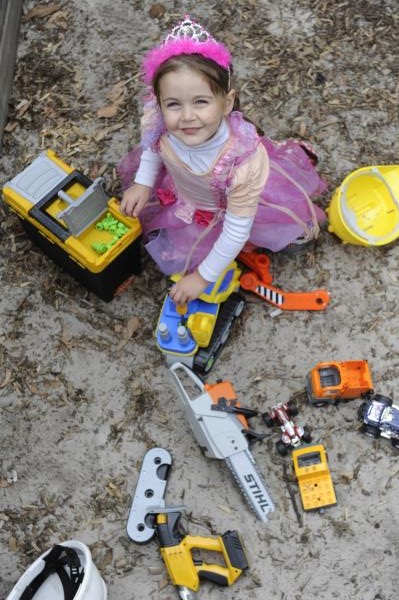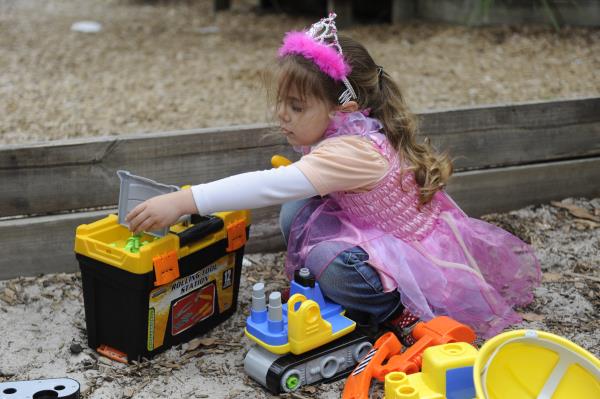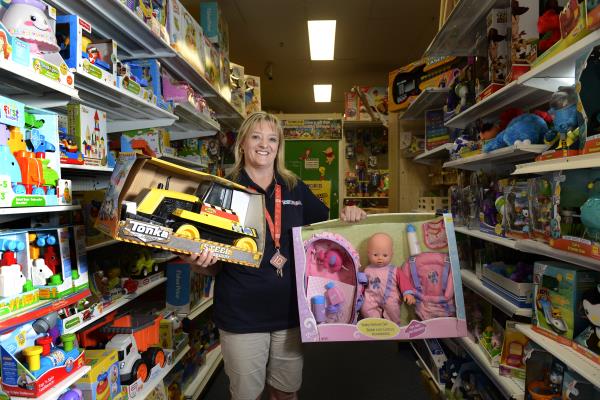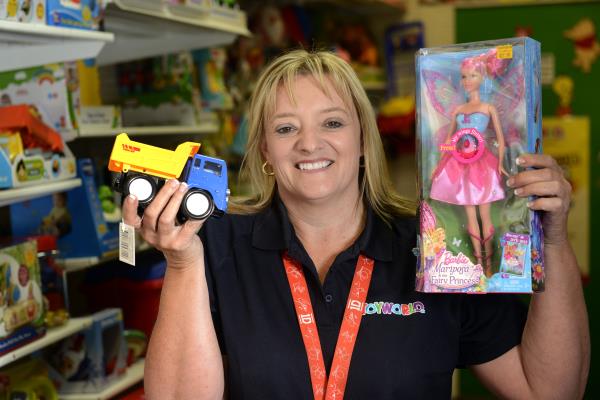
By ANEEKA SIMONIS
PARENTS have hit back at a Greens proposal which calls for families to boycott gender-based toys over the Christmas period.
Parents across Cardinia Shire believe the No Gender December initiative, which claims gendered toy packaging feeds into harmful stereotypes related to domestic violence and gender pay disputes, is bogus and that their children are free to play with all toys.
Pakenham mum Nakita Pratt has two daughters, aged three and two, who are creative and open-minded when it comes to play time.
“My two-year-old wants a dinosaur and my three-year-old wants a pink truck to play in the sandpit with. They have Barbies, princess dress ups, toolboxes, cars, trucks and motorbikes.”
But storeowner of Toyworld Pakenham Sandra Evans said parent behaviour had more to do with children’s ideas about gender than the packaging itself.
“A lot of it comes back to parents. I have seen some men in particular who will not buy their son a doll or a pram. Other parents come in and don’t worry but some flat out refuse to buy toys that may be targeted toward a certain gender,” she said.
Mother Willisa Hogarth agreed.
“I know lots of dads who cringe when their sons request a Barbie. That alone tells us that these messages have had an impact on our generation,” she said on the Pakenham Gazette’s Facebook page.
“This next generation though, what do we want from them? Restriction and judgement? Or freedom, choice and acceptance?” I can buy my daughters a pink and purple cross bow, but I haven’t seen a blue pram/baby/man bag for those little boys who want to play daddy.”
Prime Minister Tony Abbott dismissed the campaign, saying that he did not believe “in that kind of political correctness” last week.
Another mum Fiona MacDonald said toy manufacturers will always use gender-marketing and that parents should teach their children to see past the stereotype rather than avoid the toys altogether.
“So what Barbie is pretty in pink or if cars are blue. Toys are stereotyped but it shouldn’t matter. It’s about educating children to not be judgmental or have stereotypical messages,” she said.









